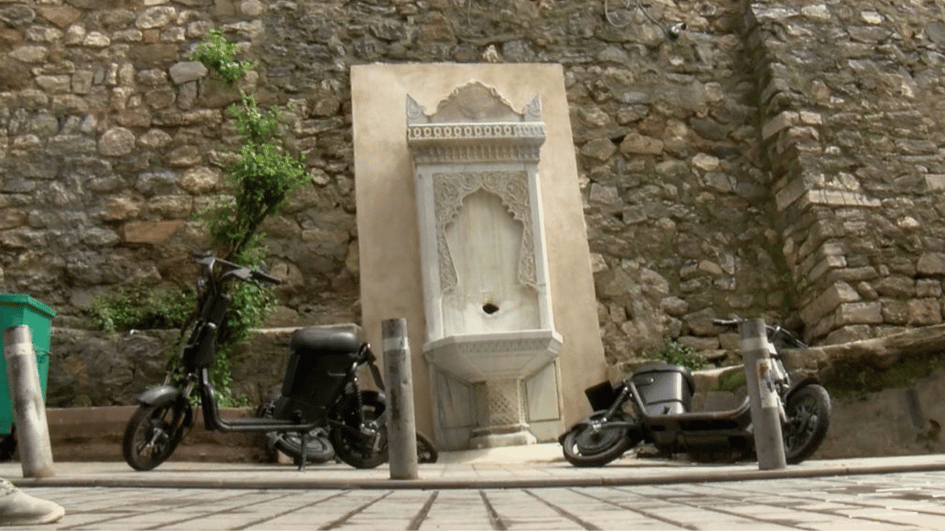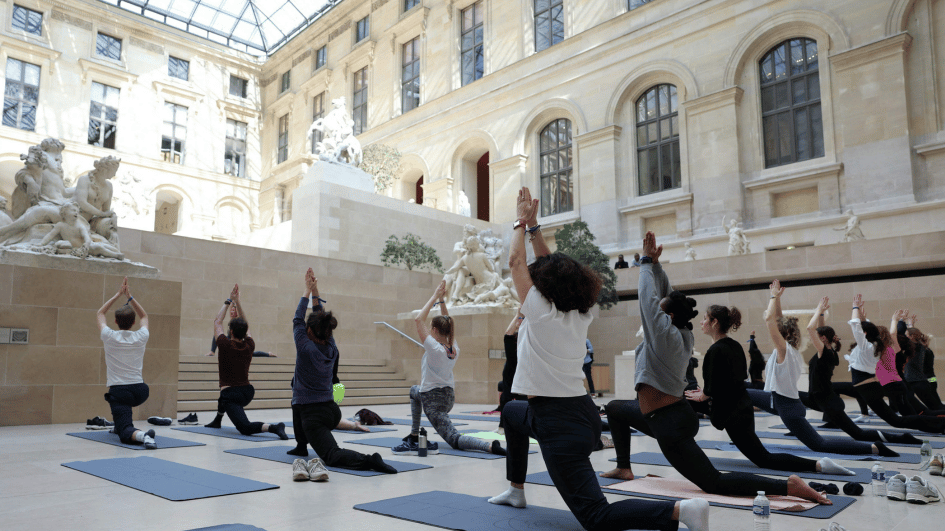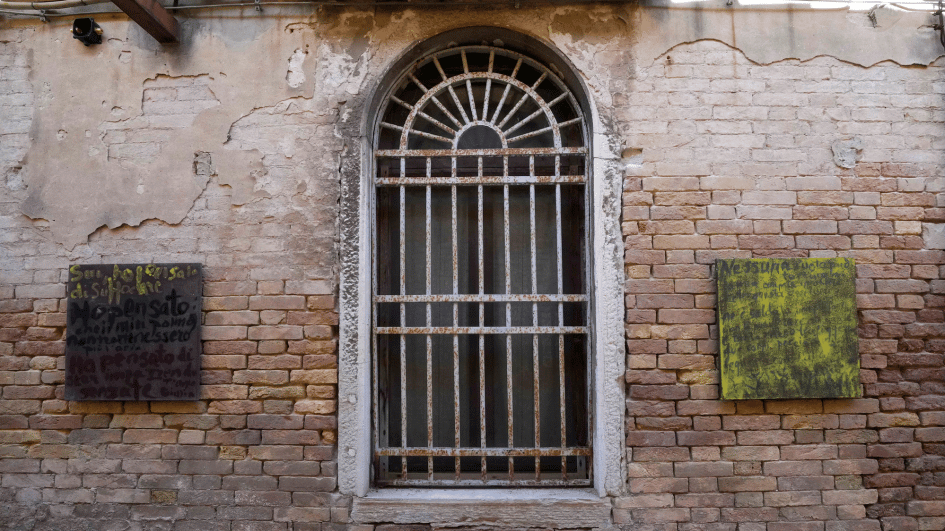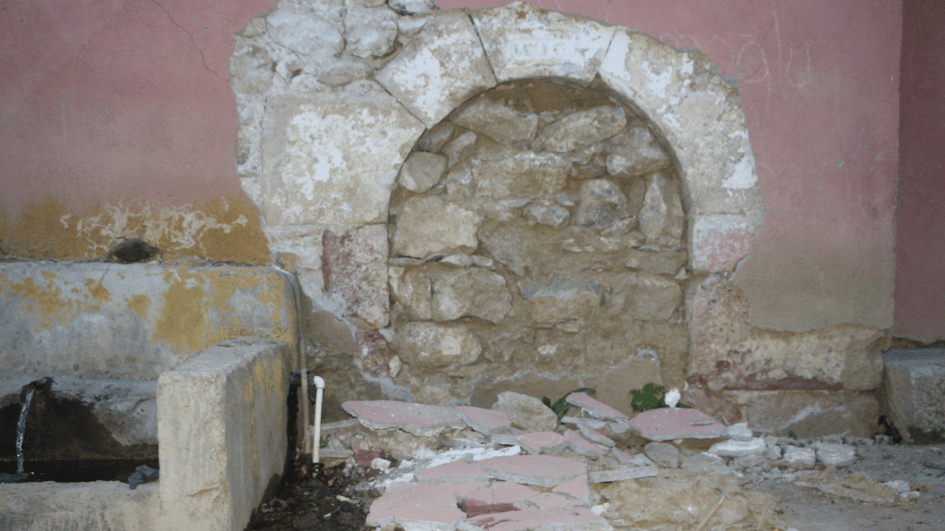Proposed system of government causes anxiety
Parliament has delivered what President Recep Tayyip Erdoğan wants. He is much closer to becoming Turkey’s all-powerful president under a system “unique to Turkey” – to use his words. He says this will be an even more democratic Turkey because it will be based on the will of the nation, which will elect its leader directly.
Why the right-wing Nationalist Movement Party (MHP) decided to support the ruling Justice and Development Party (AKP) to bring about this radical change to the country’s system of government remains a mystery.
MHP executives must be aware that they are gambling on a course that will undermine their party the most.
This, however, is another matter.
The new system being proposed – under which Erdoğan will also become the head of the AKP – is clearly undemocratic, since it hands unrestricted power to one man with a specific political agenda that may not suit everyone. Under the new system, the president will call all the shots. Parliament will have little, if any, say. The fate of the rule of law will also be in the president’s hands.
However, it is not just Turkey’s democracy, deficient as it may be to start with, that is being done away with. The basic principles that the Turkish Republic were founded on are also being undermined. The issue is causing so much concern that members of various professions are uniting in order to point to the grievous danger involved.
A case in point is the declaration signed by over 100 retired ambassadors, including many prominent personalities, warning against the proposed change to the country’s system of government.
“As ambassadors and diplomats of the Turkish Republic, which has had to cope with problems resulting from its difficult geography, we always derived strength from the fact that the Turkish Republic’s great respectability among world nations was due to its being a democratic and secular state based on the rule of law,” the declaration said.
It added that the new system being proposed is not in keeping with these principles, and indicated that while the nation would be deciding on the new system through a referendum, the matter had not been sufficiently subjected to democratic public debate because this radical change was unfolding under emergency rule.
“If the proposal becomes law, then the Turkish Republic will lose its characteristic as a democratic, secular state based on the rule of law,” the ambassador’s declaration said without mincing its words.
It is educated people who know the ways of the world, and who have represented the state at the highest level, who are saying this – and over and above any political party allegiances because they are known to have supported different political parties in the past.
“The arrow has nevertheless left the bow” as they say proverbially in Turkey, and there is little chance of turning the clock back. The only hope left is that the nation will reject the proposed systemic change in the referendum expected to be rushed through in spring.
Erdoğan and the AKP are clearly in a hurry to change the system to suit their needs. They say a presidential system will be the panacea for all of Turkey’s ills. The question, however, is whether this will be the case. Erdoğan, for example, is already exercising absolute power, and cannot be questioned because he is running the country under emergency rule.
In other words, he will not have more powers under the new system than he has today. He will only legitimize what he is doing. What he will gain, however, is protection against accountability, and this is what many analysts say lies beneath Erdoğan’s push to become an unassailable executive president.
Turkey is entering a new path strewn with uncertainties. There is no indication that the new system of government will solve the problems it is increasingly faced with. The way things are shaping up, it is more likely to make matters worse, given that there will be nothing to check ideologically motivated political adventurism and the misuse of power.











